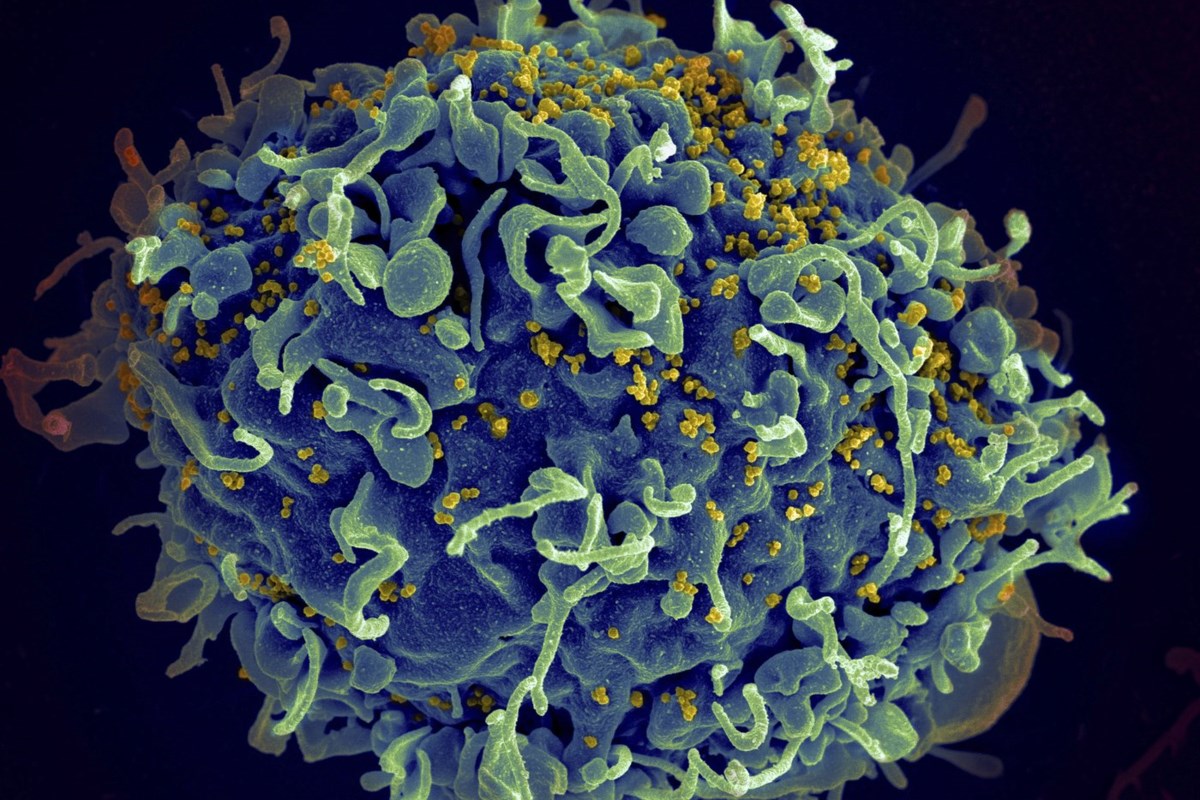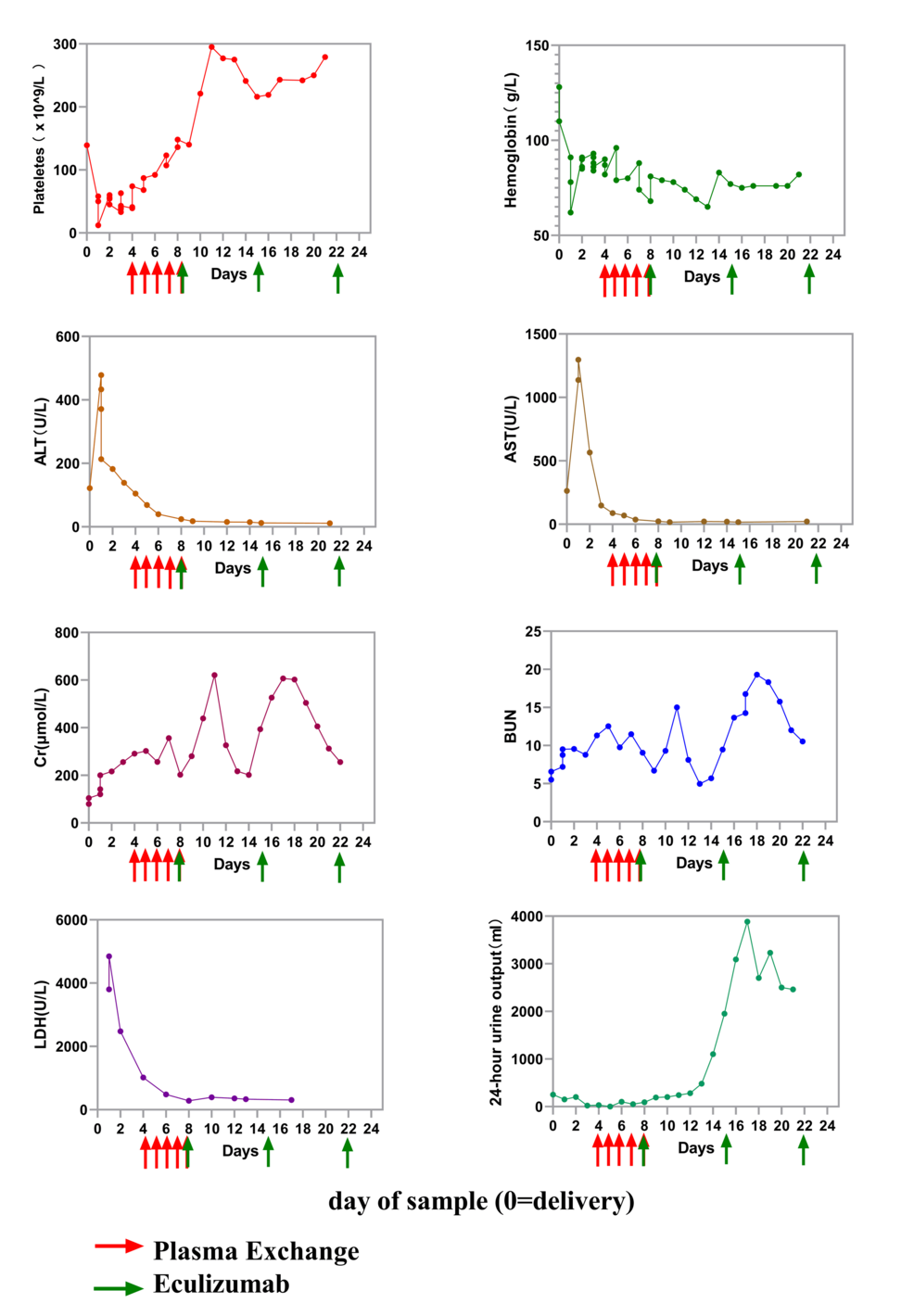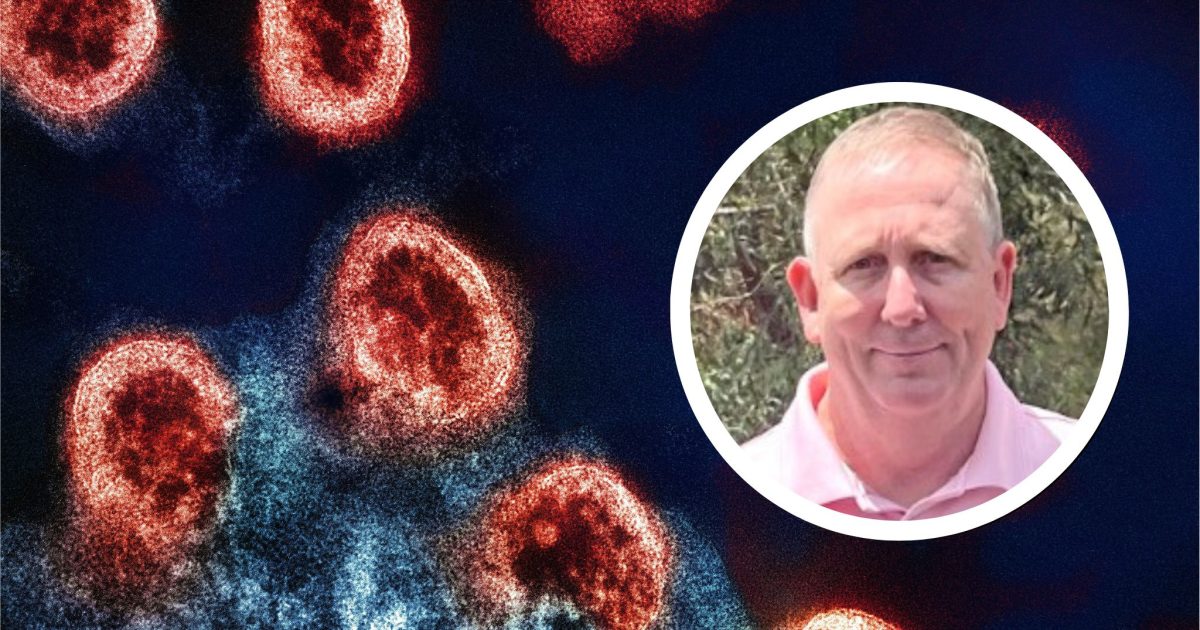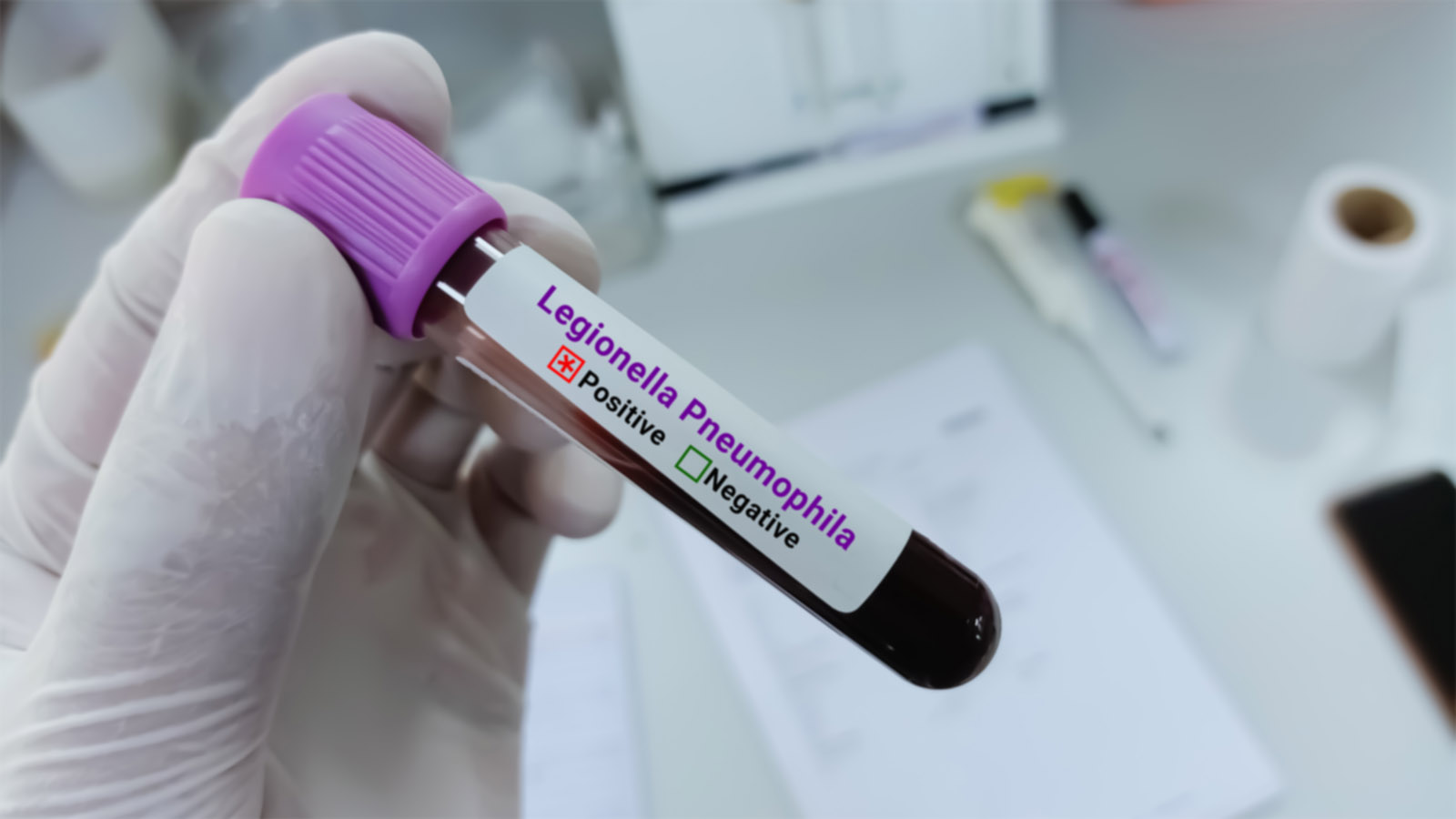U.S. Funding Cuts Threaten Global HIV/AIDS Progress, Warns UNAIDS

LONDON (AP) — Over the years, significant investments led by the United States into AIDS programs have dramatically decreased the mortality rate associated with the disease, bringing it to its lowest levels in over thirty years. These efforts have also ensured that life-saving medications are accessible to some of the world's most vulnerable populations. However, a troubling development has emerged: in the past six months, the abrupt withdrawal of U.S. financial support has created a "systemic shock" in the global fight against HIV/AIDS, as warned by officials from the United Nations.
The United Nations Joint Programme on HIV/AIDS (UNAIDS) has raised an alarming forecast, stating that without the replacement of this lost funding, the world could witness over 4 million AIDS-related deaths and an additional 6 million new HIV infections by the year 2029. The report, released on Thursday, details how this latest round of funding reductions has already destabilized essential supply chains. It has also forced the closure of numerous health facilities, left thousands of clinics without adequate staffing, hampered crucial prevention programs, and disrupted HIV testing efforts. Many community organizations have had to either reduce their activities or halt them altogether in response to these funding challenges.
UNAIDS has expressed concerns that other major donors may also consider scaling back their support, potentially reversing decades of progress made against AIDS worldwide. The organization warned that the current geopolitical climate, characterized by wars and climate change, is jeopardizing strong multilateral cooperation in health initiatives.
The implications of U.S. funding cuts became particularly stark when the $4 billion that had been pledged for the global HIV response in 2025 vanished almost instantaneously in January. This sudden withdrawal was a direct result of former President Donald Trump’s executive order to suspend all foreign aid, coupled with plans to shut down the U.S. Agency for International Development (USAID).
Andrew Hill, an HIV expert at the University of Liverpool, who is not affiliated with the United Nations, commented on the abrupt loss of funds. He noted that while Trump had the authority to allocate U.S. money as he wished, it would have been prudent for any responsible government to provide advance notice. Such a warning could have allowed nations to prepare for the funding cuts, rather than leaving patients in dire situations as clinics shuttered overnight.
The President’s Emergency Plan for AIDS Relief, commonly referred to as PEPFAR, was initiated in 2003 under the administration of President George W. Bush. This program marked the largest commitment by any nation aimed at combating a single disease. UNAIDS has described PEPFAR as a "lifeline" for countries grappling with high HIV rates, noting that it facilitated testing for approximately 84.1 million individuals and provided treatment for 20.6 million. In Nigeria, for instance, PEPFAR was responsible for funding an astonishing 99.9% of the nation’s budget for HIV prevention medications.
In 2024, UNAIDS estimates indicated that there were around 630,000 AIDS-related deaths worldwide, a statistic that has remained relatively stable since 2022, following a peak of roughly 2 million deaths in 2004. Yet, it is important to recognize that even prior to the U.S. funding cuts, the global battle against HIV was witnessing uneven progress. UNAIDS reported that half of all new HIV infections are occurring in sub-Saharan Africa, with over 50% of individuals in need of treatment not receiving it, primarily located in Africa and Asia.
Tom Ellman, representing the charity Doctors Without Borders, pointed out that while some low-income nations are attempting to increase funding for their own HIV programs, it would be virtually impossible to fill the gap left by the withdrawal of U.S. support. He emphasized the immediate consequences of these cuts: "There's nothing we can do that will protect these countries from the sudden, vicious withdrawal of support from the U.S. Within months of losing treatment, people will start to get very sick, and we risk witnessing a massive rise in both infection rates and mortality."
Compounding these concerns is the potential loss of crucial data. The U.S. previously funded the majority of HIV surveillance initiatives in African nations, which included maintaining hospital records, patient data, and electronic health information systems. The abrupt cessation of such support raises significant challenges for monitoring and combating the spread of HIV, according to Dr. Chris Beyrer, director of the Global Health Institute at Duke University. He remarked, "Without reliable data about how HIV is spreading, it will be incredibly hard to stop it."
The uncertainty over funding and support comes at a pivotal moment in the fight against HIV/AIDS, as new developments in treatment could revolutionize prevention efforts. Recently, a twice-yearly injectable treatment showed 100% efficacy in preventing HIV, as evidenced by studies released last year. The U.S. Food and Drug Administration approved this groundbreaking drug, named Sunleca, last month. Advocates in the public health community, such as Peter Maybarduk from the advocacy group Public Citizen, have labeled this approval a crucial milestone that could signify a turning point in the fight against the AIDS epidemic.
However, concerns remain regarding accessibility, as activists like Maybarduk have pointed out that Gilead’s pricing strategy may render the drug unattainable for many countries in need. While Gilead has committed to providing generic versions of Sunleca in 120 poorer nations with high HIV rates, it has notably excluded nearly all of Latin America, where HIV infection rates are lower but on the rise. Maybarduk lamented, "We could be ending AIDS. Instead, the U.S. is abandoning the fight."
The Associated Press Health and Science Department receives funding from the Howard Hughes Medical Institute’s Department of Science Education and the Robert Wood Johnson Foundation. Additionally, financial support for global health and development coverage in Africa is provided by the Gates Foundation. The Associated Press takes full responsibility for all content produced.




























